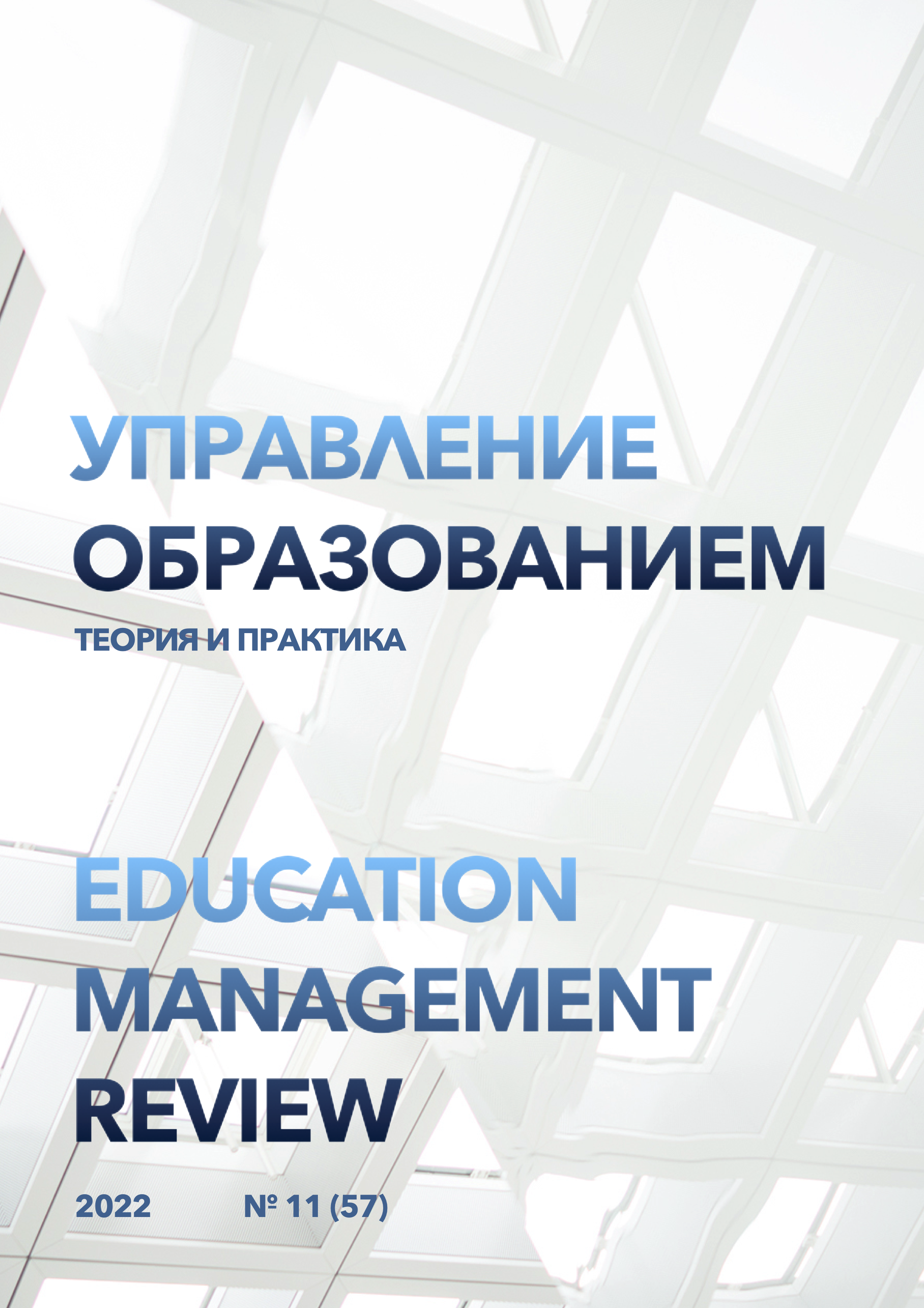Innovatization of economic education in the context of sanctions
DOI:
https://doi.org/10.25726/s0666-4046-5304-bKeywords:
Innovatization, education, sanctions, research, economicsAbstract
In modern society, innovation is the basis of a new knowledge-based economy and the main factor in increasing the country's competitiveness. The importance of the role of innovation in solving pressing global problems was emphasized in his speech by the Director General of the World Intellectual Property Organization, Francis Gurry, noting that “the world faces two dominant problems - the problem of finding a path to economic growth and the problem of climate change. Innovation is at the heart of solving both of these problems.” Francis Gurry called innovation the main source of economic growth and the space between a problem and its solution. The development of innovations requires high-quality human capital, which is formed in the field of education. It is educational innovations that should become the engine of progressive social change. At the same time, the education sector in Russia is only at the first stages of transformation, which are characterized by high barriers to the introduction of innovations. Cooperation between two higher education institutions within the framework of virtual mobility provides for the creation of a joint curriculum, organizational and methodological support for students during training, the use of educational technologies to create a virtual learning environment.
References
Кроу М, Дэбарс В. Модель нового американского университета. Пер. под научн. ред. М. Добряковой. Издательский дом Высшей школы экономики, 2017. 419 с.
Моисеева А.П. К вопросу об исследовании сущности технонауки // Современные проблемы науки и образования. 2015 № 1. http://cyberleninka.ru/article/n/k-voprosu-ob-issledovaniisuschnosti-tehnonauki
Николаев М.А., Махотаева М.Ю. Межрегиональные кластеры как инструмент экономического развития территорий // Научно технические ведомости СПбГПУ. Экономические науки. 2016. № 1. С. 47-57.
Овчинникова Н.Э. Современный исследовательский университет: опыт создания модели мирового уровня (на примере Университета штата Аризона) // Университетское управление: практика и анализ. 2015. 6 (100). С. 68-77.
Подорванюк Н. «Песочница» для цифровой экономики и чем она поможет отечественной науке // Интервью с главой Департамента науки и технологий Министерства образования и науки РФ Сергеем Матвеевым. 27.11.2017. Индикатор. http://indicator.ru/article/2017/11/26/cifrovaya-ekonomika.
Chernova G.V., Kalayda S.A., Khalin V.G., Yurkov A.V. Matters of economic ecosystem classification // Journal of Applied Informatics. 2021. No 16 (1). Pp. 69-82.
Foster J. 2017, TPP and the future of the digital economy in the Asia pacific region, International Conference on Advanced Computer Science and Information Systems 2016, Malang, Indonesia, 15—16 October, p. 1—8. doi: https://doi.10.1109/ICACSIS.2016.7872713.
Gavrish E.N., Orlova V.G. Enterprise as ecosystem: analysis of the institutional environment // Management in Economic and Social Systems. 2020. No 3(5). Pp. 60-65.
Gawer A., Cusumano M., Prod J. Industry Platforms and Ecosystem Innovation //. Innov. Management. 2014. No 31(3). Pp. 417-433.
Iwamoto H., Suzuki H. The Relationships Between Human Capital, Quality Management and Corporate Social Performance: A Bayesian SEM Approach. Procedia manufacturing, 2019. Pp. 695-701.
Jacobides M., Cennamo C., Gawer A. Towards a Theory of Ecosystems // Strategic Management Journal. 2018. No 39(8). Pp. 2255-2276.
Nurmukhametov R.R., Syurkova S.M., SakhbievaA.I. Current state of innovatization of cluster investment structures in Russian economy scientific research of the SCO countries: synergy and integration // Scientific research of the scocountries: synergy and integration. 2019. № 9-9 (1). Pp. 31-39.
Revenko L.S., Revenko, N.S. Use of digital technologies in trade between the EAEU countries, Information Society. 2020. № 5. Pp. 2-9.
Schiliro, D., Towards digital globalization and the covid-19 challenge // International Journal of Business Management and Economic Research. 2020, vol. 2. № 11. Pp. 1710-1716.
Tonkikh A.P. Economic and legal regulation of educational processes in the field of natural sciences and humanities / A.P. Tonkikh, T.V. Danilova, A.A. Pryadekho // Journal of Advanced Research in Law and Economics. 2018. Vol. 9. No 7. P. 2454-2461.




